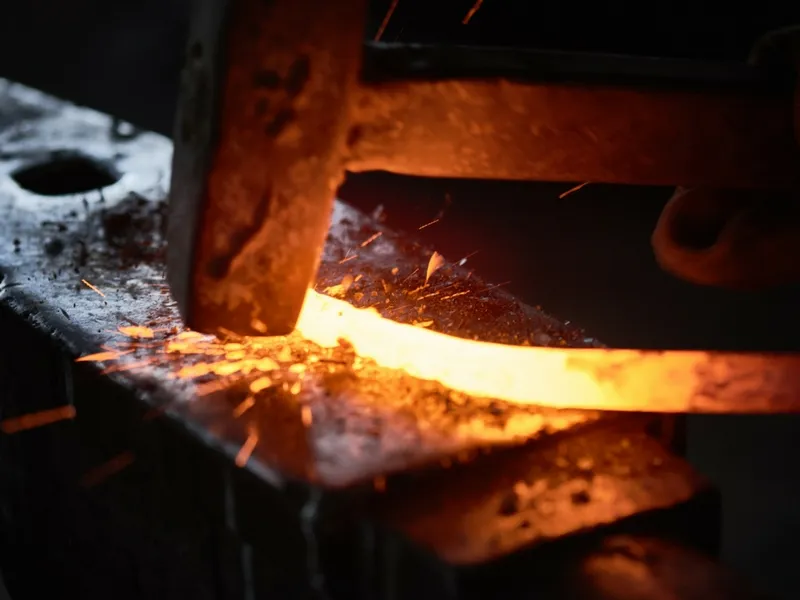History & Culture
From Fully Handmade to Semi-Artisanal: The Different Levels
What “Handmade” Really Means in France
Today, the term handmade is everywhere. It evokes authenticity, quality, and a return to values that are both human and sustainable. But behind this attractive label lie many different realities. In France—a country with centuries of artisanal traditions—handmade can mean many things… and sometimes not much at all.
In this article, we take you behind the scenes of what ‘handmade in France’ truly means: the various types of production, the importance of supporting genuine craftspeople, and how we, as consumers, can make more responsible and meaningful choices.
🧵 Understanding the Realities Behind “Handmade”
1. Truly Handmade: Authentic from Start to Finish
A truly handmade item is made entirely by a craftsperson, from start to finish. No industrial processes, no mass production—just human skill, patience, and precision. Each piece is unique, shaped with hand tools or traditional equipment in a workshop setting.
Take a leatherworker, for example. They’ll handpick each hide, cut it with precision, and hand-stitch every seam using centuries-old techniques, such as saddle stitching. The same goes for glassblowers, ceramists, luthiers, and blacksmiths. Each gesture carries meaning—each product is infused with intention.

2. Semi-Artisanal: Technology Assisting the Hand
Some artisans use modern tools to support part of the process, such as laser cutting or CNC carving. However, all essential steps—assembly, finishing, decoration—are still done manually. This model balances tradition and efficiency, allowing artisans to remain competitive while staying true to their craft.
This is not “cheating”—it’s adapting. Many honest artisans rely on this hybrid model to make their work economically viable without sacrificing their values.
3. Misleading “Handmade”: The Industrial Disguise
Some brands misuse the term handmade for marketing purposes. Products may be mass-produced in anonymous overseas factories, with only minimal assembly or superficial customization done “by hand” in France.
This deception hurts both consumers and authentic artisans. The former are misled, and the latter cannot compete with artificially low prices. Recognizing real craftsmanship means looking for transparency—materials, process, names, origin, and time invested.
🤝 Why Supporting Artisans Truly Matters
Buying from an artisan is not just shopping—it’s supporting a way of life, a philosophy of work, and a human connection.
- Preserving living heritage: Crafts are often passed down through generations and tied to regional identities. Supporting artisans helps keep these skills alive. In the same way that Berthille works with leather.
- Creating a fairer economy: Unlike mass production, artisans work on a human scale. Your money goes directly to someone who made the product with their own hands.
- Choosing durability over disposability: Handmade objects are built to last. They’re repairable, timeless, and made with quality materials—not designed to break quickly like many factory goods.
- Consuming responsibly and locally: Supporting a French artisan also means reducing environmental impact and boosting local economies.

🌍 Consume Less, But Consume Better
We live in an era of excess—too many objects, too much waste, too little meaning. Overproduction is harming our planet and disconnecting us from the value of what we buy.
The alternative? A more conscious way to consume:
- Buy less, but better
- Choose meaningful objects over disposable ones
- Invest in quality and longevity instead of cheap abundance
This shift transforms how we relate to things. We care more for what we own, and we buy with intention. Often, those pieces—well-made and full of meaning—stay with us the longest.
🛍️ Our Commitment: Highlighting True Craftsmanship
In our shop, we’ve made a clear choice: to highlight and promote real artisans and creators. No mass-produced, impersonal goods. No fake handmade labels. Each piece comes from a workshop, made with care and a love for the craft.
We believe another way of consuming is possible. A more respectful, more human, more durable way.
Choosing handmade means choosing intention. Choosing people. Choosing the future.

